You are here
Back to topGSF's First Ever Farm Trains Chinese Vegetable Growers in Global Best Practices
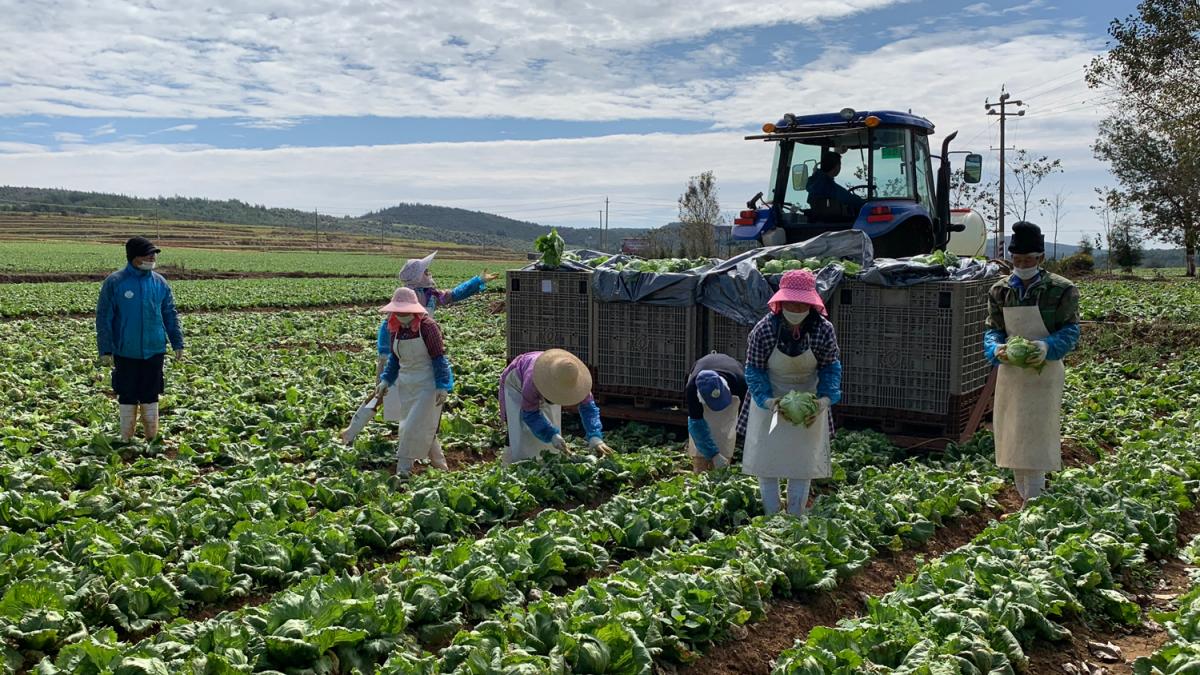
Under the blue skies of Malong County, Yunnan province, China, bright green heads of iceberg lettuce are planted in neat rows that stretch out toward the horizon. The 80-hectare farm is owned by GSF Fresh, a subsidiary of US-based Golden State Foods, and the lettuce is destined to be used to top Big Mac hamburgers and in other menu items at McDonald’s restaurants across southern China and Hong Kong.
Those in the Quick Service Restaurant (QSR) business probably know Golden State Foods. The company was founded in 1947 to supply hamburger patties for food service in the Los Angeles area. In the 1950s it started selling patties to McDonald’s, and eventually became one of the restaurant chain’s most important suppliers of a range of ingredients. Today, it supplies and distributes QSR and other food service products to customers around the globe and has more than $7 billion in annual revenue.
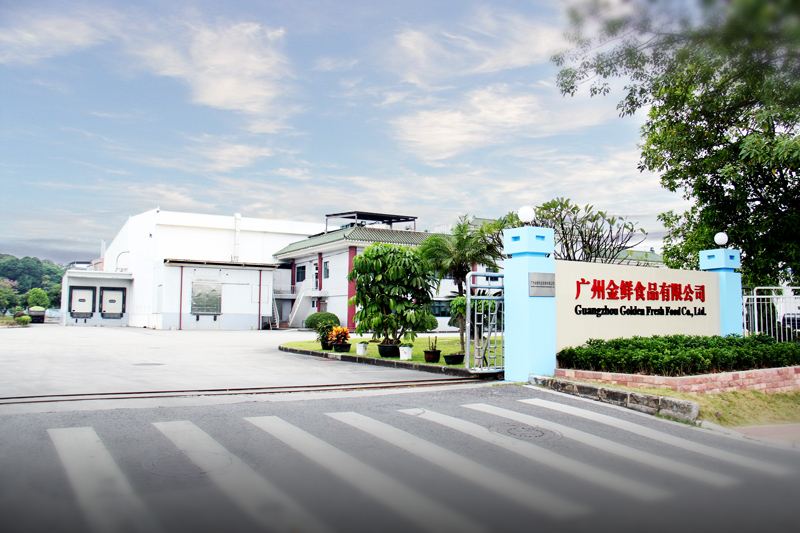
Golden State Foods supplies a range of dairy and liquid products to QSR and retail in China through its KanPak subsidiary. It also started supplying fresh produce in China via GSF Fresh in 2014, when it was invited by McDonald’s to revamp its fresh produce supply chain in China.
In 2016 GSF Fresh started supplying its Guangzhou processing facility with lettuce grown on its own farm in Malong county. This was a first for the Golden State Foods group, which does not typically own its own farms, but instead builds sourcing partnerships with trusted growers and then handles processing and distribution.
.jpg)
Produce Report visited GSF Fresh in Malong county to learn more about why this location was chosen for Golden State Foods’ first ever self-owned farm. The opportunity for GSF Fresh to start growing its own vegetables came when it inherited two farms in China through a corporate acquisition, explains Liam Riedy, an Agricultural Consultant for GSF Fresh who manages the Malong farm. GSF Fresh ultimately decided to divest itself from one of the farms due to insurmountable food safety hazards stemming from the farm’s surrounding environment. But it held on to the other farm in Malong county.
“Because we could achieve our high standards for food safety on this farm, we decided to keep it and start growing our own produce,” says Riedy. “One goal was to help ensure consistent supply to our processing facility in Guangzhou,” because the climate in Yunnan province allows for peak production in the early spring when other growing areas in China are too cold and cloudy to be highly productive.
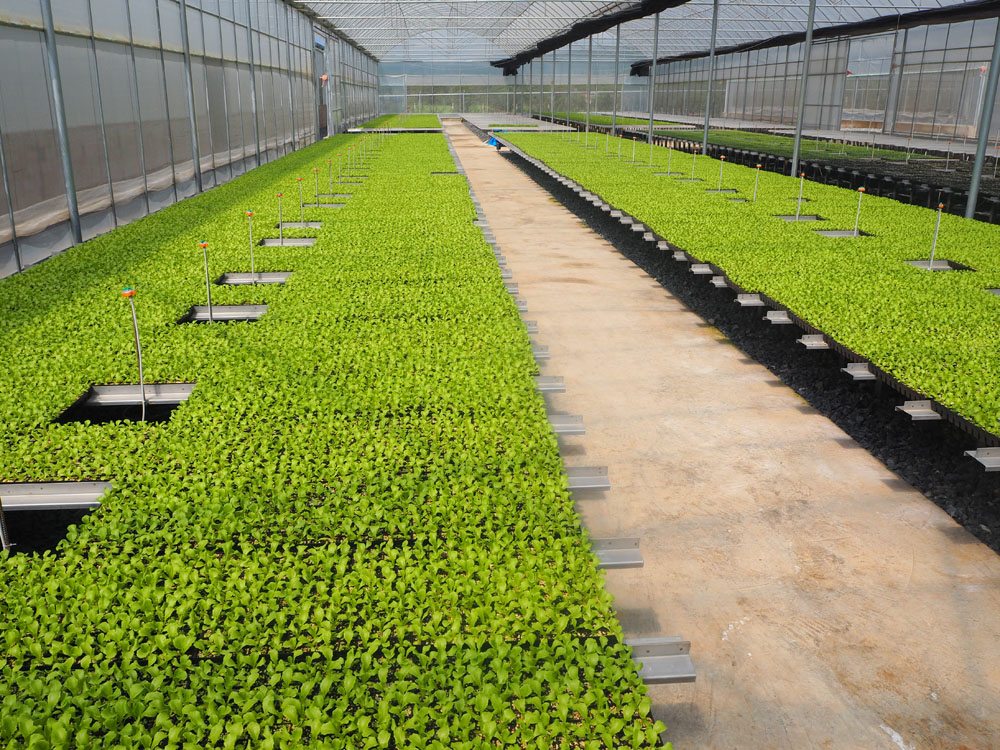
“But also, we wanted to make a model farm for our other supply chain growers. To do that, we are emulating the processes we require our growers to use worldwide. A big part of that is a focus on the food safety aspect; it’s not just the growing techniques, our priority in creating a model farm is helping our suppliers provide the safest food possible to our customers.”
There are some obvious differences between GSF Fresh’s farm and many neighboring farms. For example, Riedy has committed significant resources to restoring soil health that had degraded under previous management, through steps like adding minerals and planting off-season cover crops. The farm also grows all of its produce without the use of plastic cover sheets, in order to consume fewer resources and prevent plastic particles from entering the soil. Workers also follow rigorous hygiene procedures and take small steps such as spraying the base of lettuce heads immediately after cutting with a solution that prevents browning – a practice which is not very common in China.
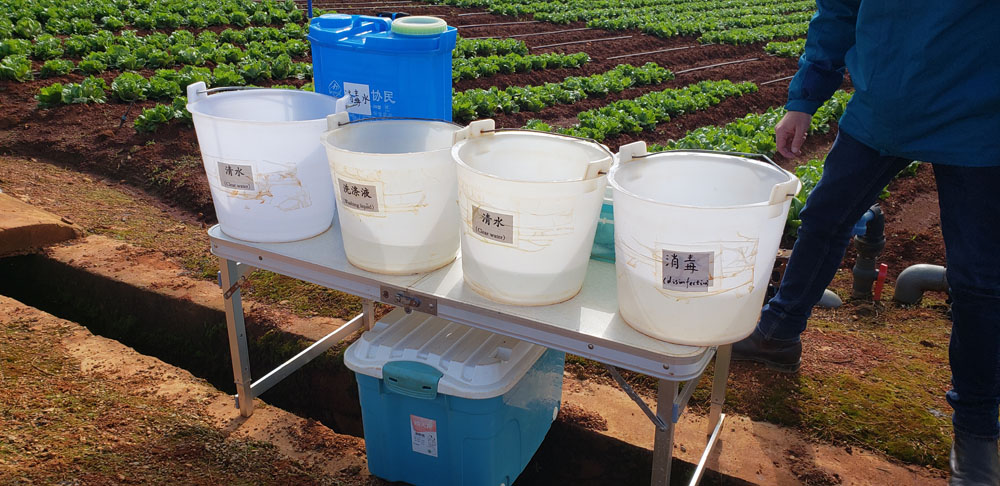
But Riedy is quick to stress that growing safe and high-quality vegetables for the modern supply chain cannot be boiled down to a single step or procedure: “It’s a result of a whole process from seeding through the processing system why our vegetables get a longer shelf life, but especially our harvest sanitation and post-harvest sanitation procedures.”
The day before Produce Report visited the Malong farm, GSF Fresh had held a training session at the farm for other growers that are supplying fresh produce to McDonald’s via GSF Fresh’s Guangzhou processing facility. The goal of the training was to share with the growers the process and practices imported from Golden State Foods’ global operations and adapted to local conditions in Malong. Through receiving this training, the growers can better understand how to improve their compliance with the McDonald’s Global G.A.P. policies, which are among the most rigorous in the industry (the GSF Fresh Malong farm is also China Inspection and Quarantine (CIQ) certified for export in order to supply QSR customers in Hong Kong and Southeast Asia).
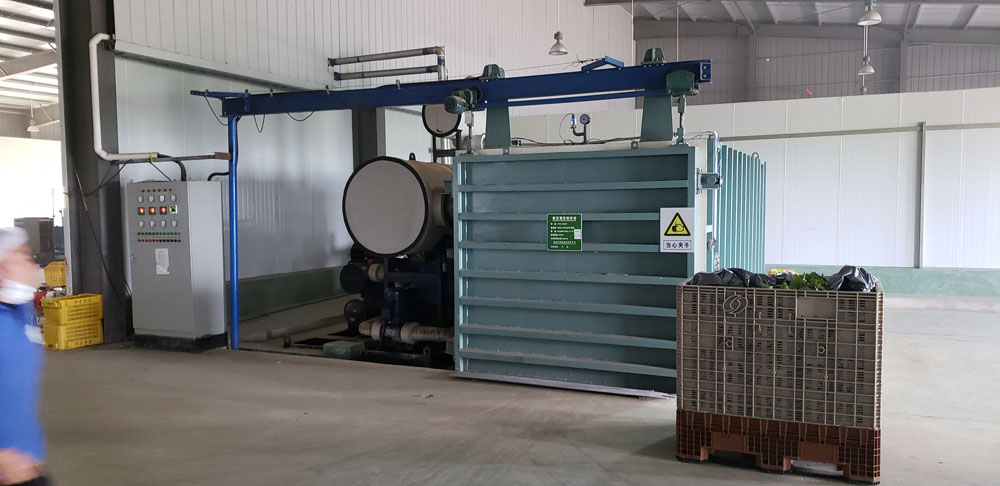
“We had fantastic feedback from both McDonald’s and also our growers,” says Riedy of the training session. “The suppliers were impressed with the quality of produce we are able to grow here and our professionalism. And McDonald’s, through seeing the processes we were sharing with our other grower customers, walked away with greater raw material confidence.”
GSF Fresh’s farm in Malong has an annual production of 2,400 tons of lettuce, 800 tons of broccoli and 350 tons of green and purple cabbages. Aside from supplying the GSF Fresh processing plant in Guangzhou, the Malong farm also sells directly to retailers, such as hypermarket chains, shipping straight from the farm to regional distribution centers. Looking forward, Riedy hopes that the farm can continue to serve as a base for developing strong relationships and providing education and training for new growing partners. The farm will also serve as part of an overall strategy of developing new products and diversifying GSF Fresh’s QSR, food service and retail customer base in greater China and Southeast Asia.



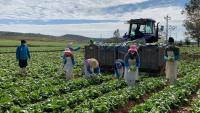
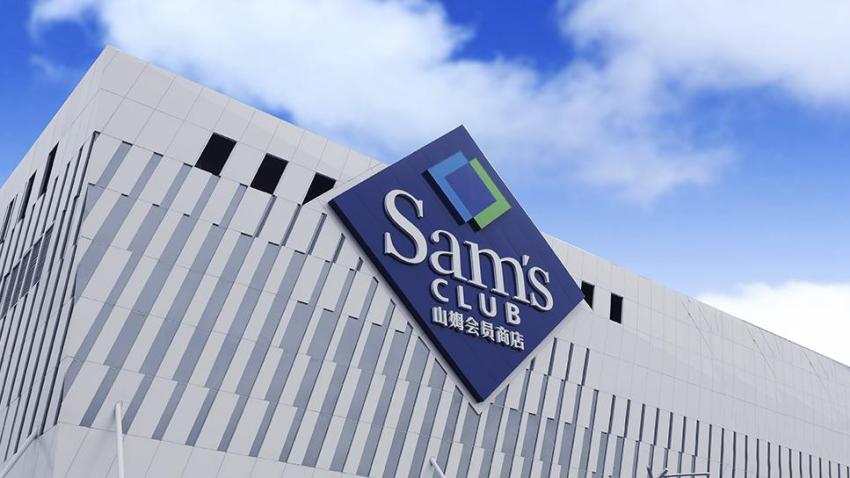
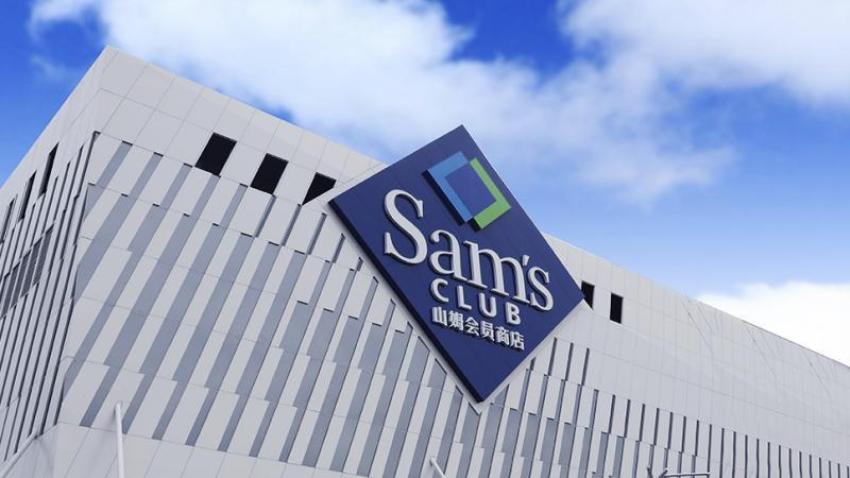

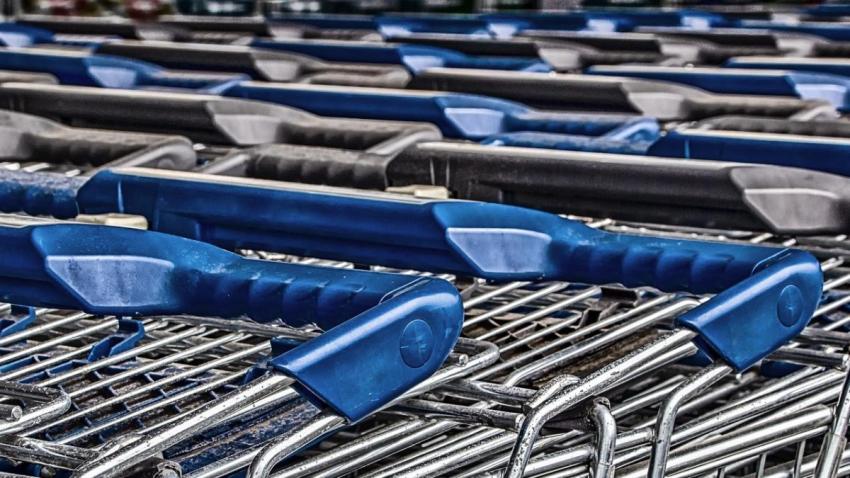







Add new comment